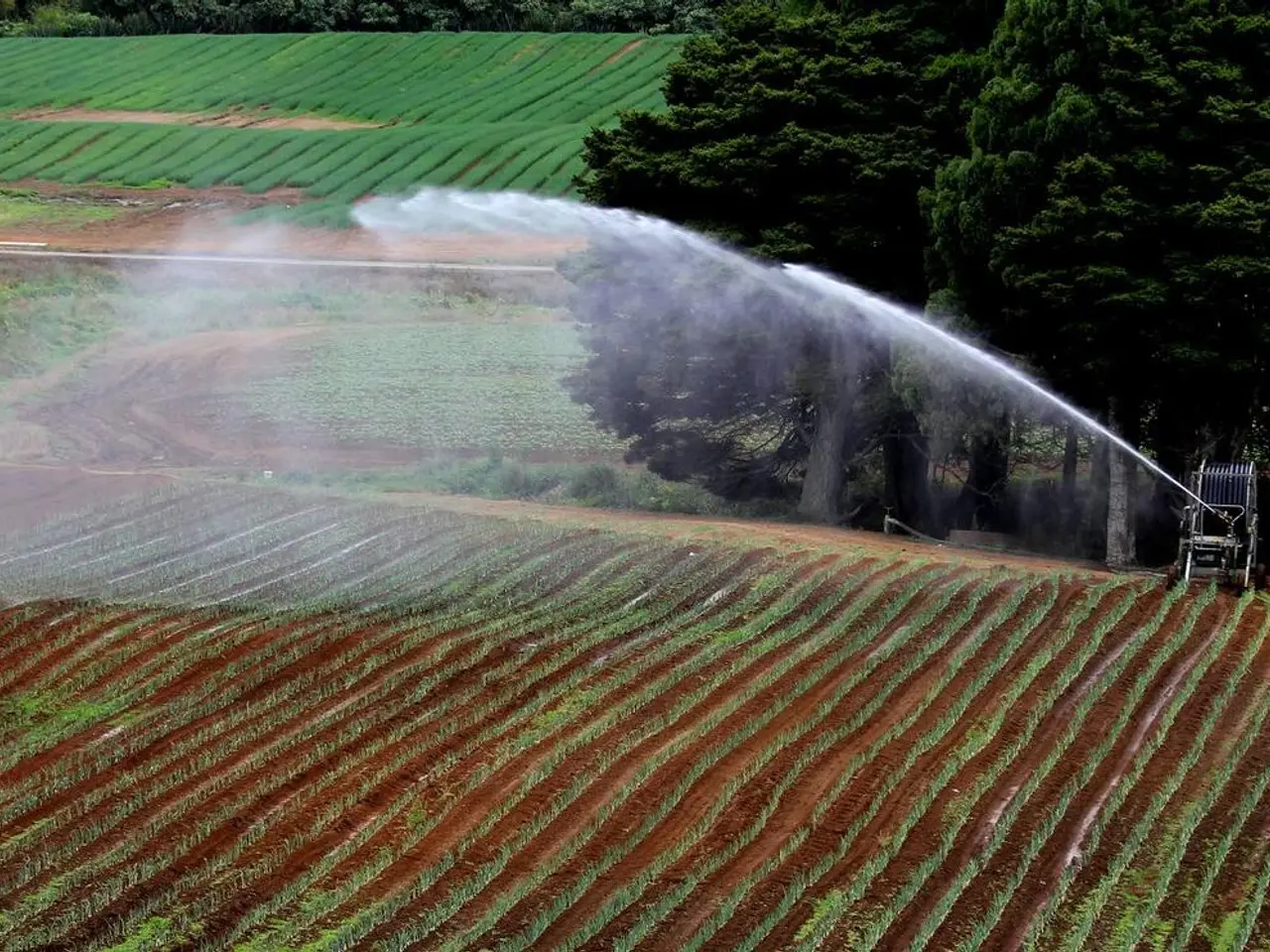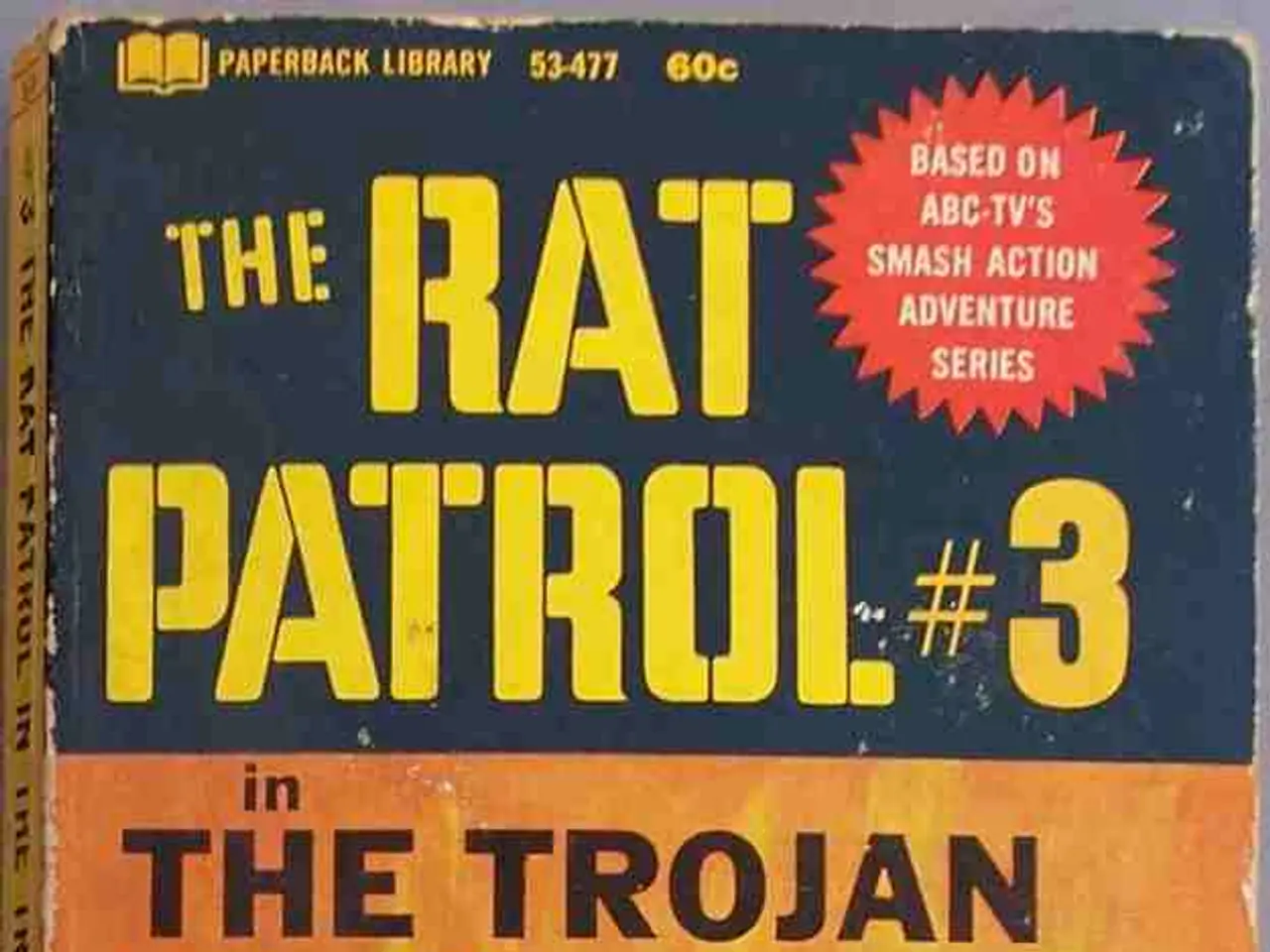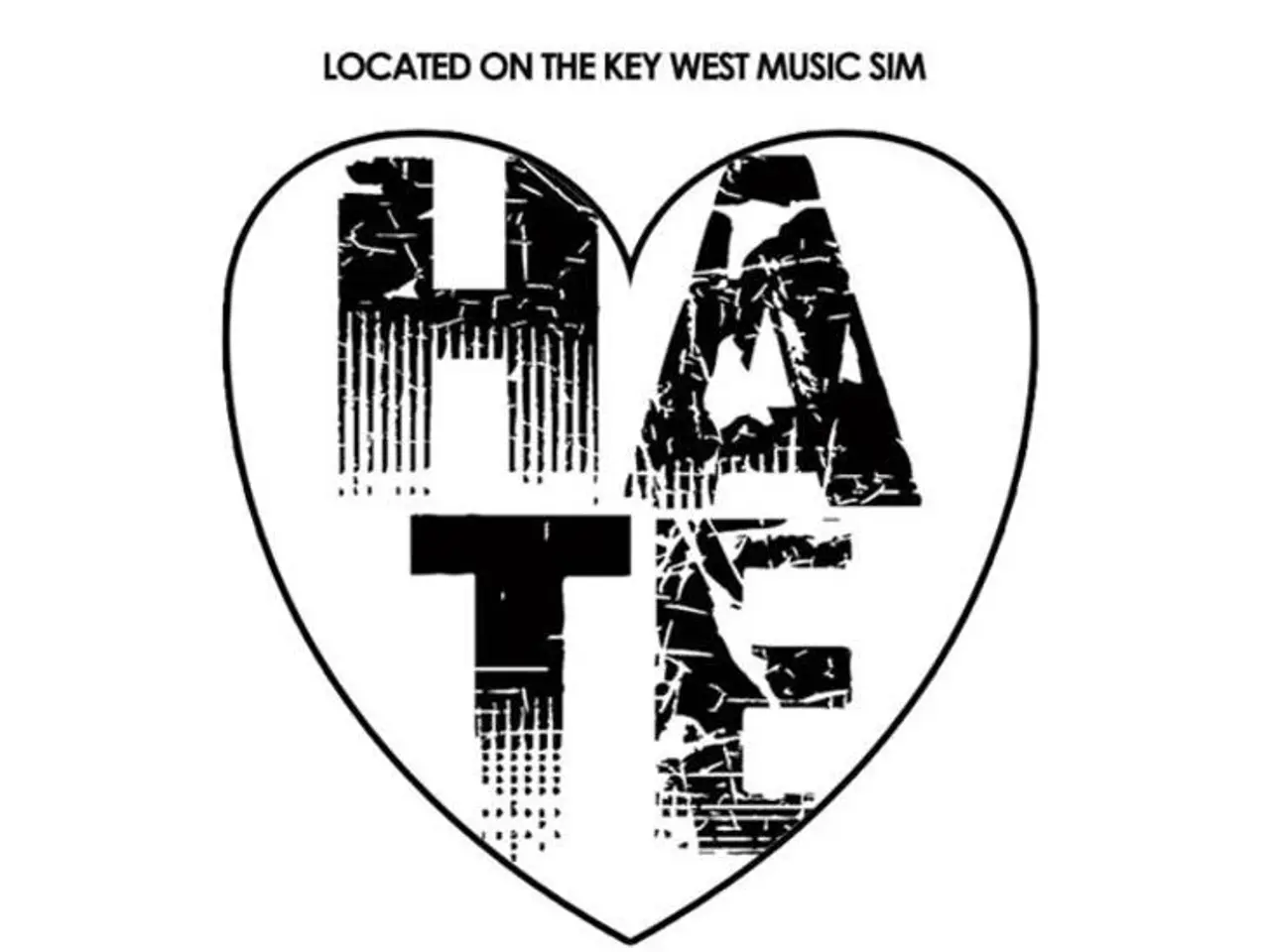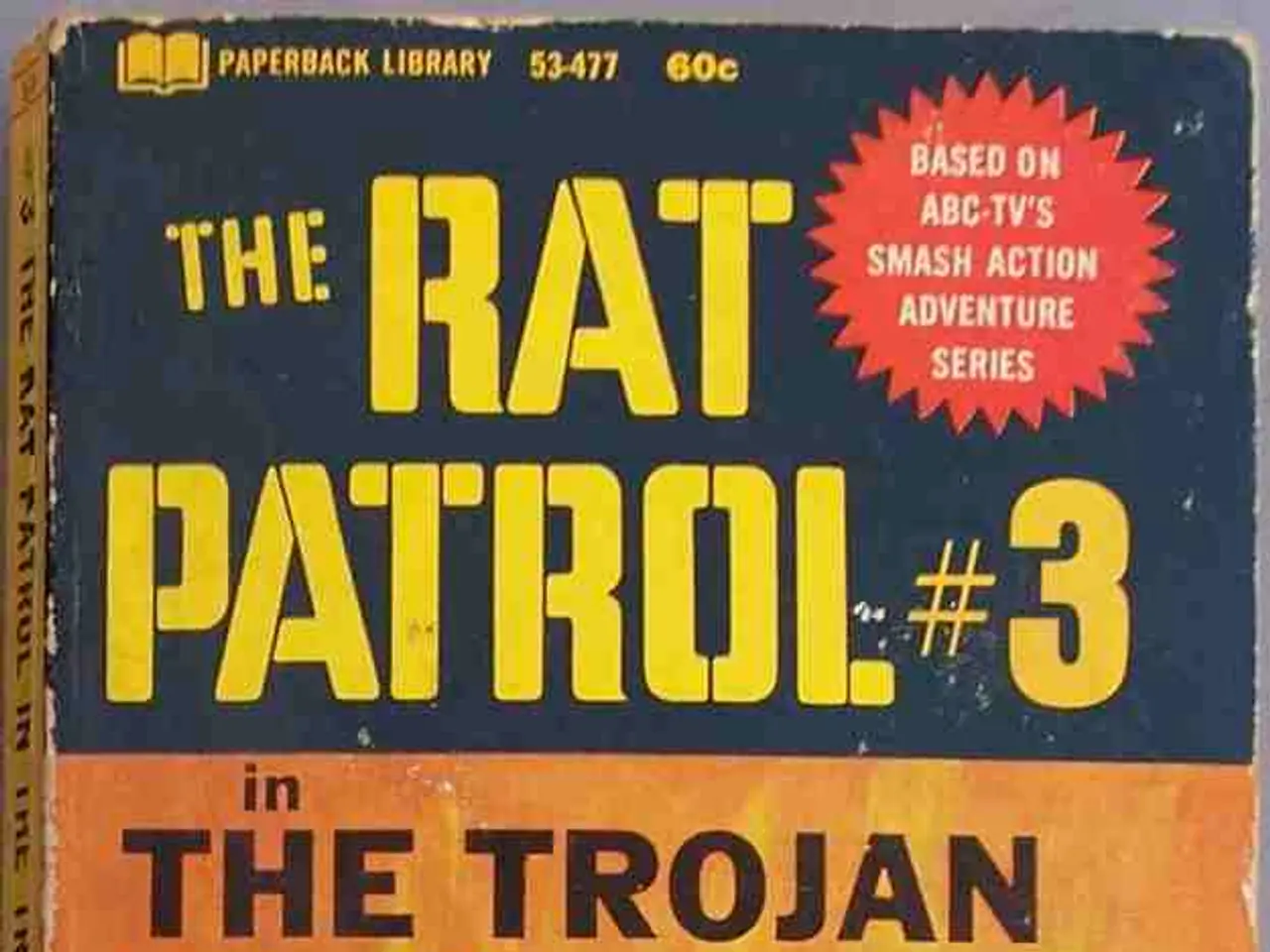Farmers in the Latvian border region bewildered by forthcoming land seizures plan
In the rural heartlands of Latvia, farmers are grappling with uncertainty as the Saeima, the Latvian parliament, prepares to consider a draft law aimed at strengthening border security through the creation of anti-mobility infrastructure [1]. Local farmers, particularly those near the eastern border, have expressed concerns about planned land expropriation, with compensation and involvement in decision-making being key issues [1].
The proposed law targets the creation of military infrastructure to enhance border security. However, the potential expropriation of land from farmers and residents has raised questions about the adequacy of compensation and the lack of clarity on decision-making participation [1].
Aleksejs Ivanovs, a local councillor and cereal farmer, manages over 500 hectares of land that could be affected by the draft law. He is among the many farmers who have yet to hear from the government about the draft law or its potential impact on their farms [1].
Similarly, Aivars Trons and his son Ritvars, who cultivate over 1,000 hectares of land with grain and grass seed plantings, are concerned about the potential fallout from the draft law [1]. Ritvars is particularly frustrated by the lack of involvement of local border businesses in processes such as moving dragon's teeth or concrete blocks when necessary.
Guntars Bartkevičs, who employs 50 local people, manages over 5,000 hectares of land in the Balvi and Ludza districts. He is also concerned about the draft law, which may involve expropriation of land for national defense measures [1].
The sharp fall in land values at the border, with the bank valuing land at €1,700 per hectare instead of €4,000, is another concern for farmers like Bartkevičs. Additionally, the rising costs of fertilisers and pesticides are putting a strain on their operations [1].
As the Saeima prepares to consider the draft law, there is no clear information available about a formal compensation scheme or explicit mechanisms for local participation in the process [1]. An information line will be set up to provide information on the impact of the law on property, but the matter remains under active debate and review.
The expropriation of several small properties near the Latvian-Belarusian border has already been decided upon by the government, adding to the sense of unease among local farmers [1]. As the autumn session approaches, farmers and landowners are hoping for clarity and assurances regarding their future and the potential impact of the draft law.
[1] Source: Various news reports and government documents, dated September 2022.
- The Saeima, Latvia's parliament, is preparing to consider a draft law focusing on border security, which involves the creation of military infrastructure and potential land expropriation.
- Several farmers, particularly those near the eastern border, have voiced concerns about the draft law, with compensation, involvement in decision-making, and clarity on the expropriation process being key issues.
- Government communication with farmers regarding the draft law and its potential impact is lacking, causing anxiety among those who may be affected, such as Aleksejs Ivanovs, Guntars Bartkevičs, and Aivars Trons and his son Ritvars.
- Amidst growing unease, the media is covering the ongoing debates about the draft law, highlighting concerns about compensation schemes, local participation, and the potential fallout for rural businesses and general news.





